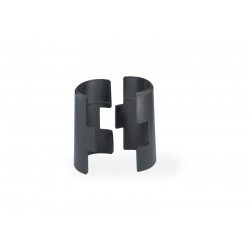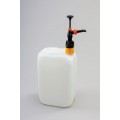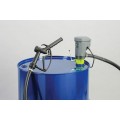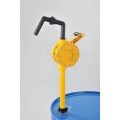
Workshop Pumps include a range of fluid transfer equipment used for moving liquids within workshop, industrial and maintenance environments.
This category covers workshop pumps suitable for transferring fuels, oils, chemicals and other fluids, with options designed for different applications, container types and working conditions.
Workshop pumps are commonly used in workshops, garages, production facilities and maintenance areas where controlled fluid transfer is required.




















